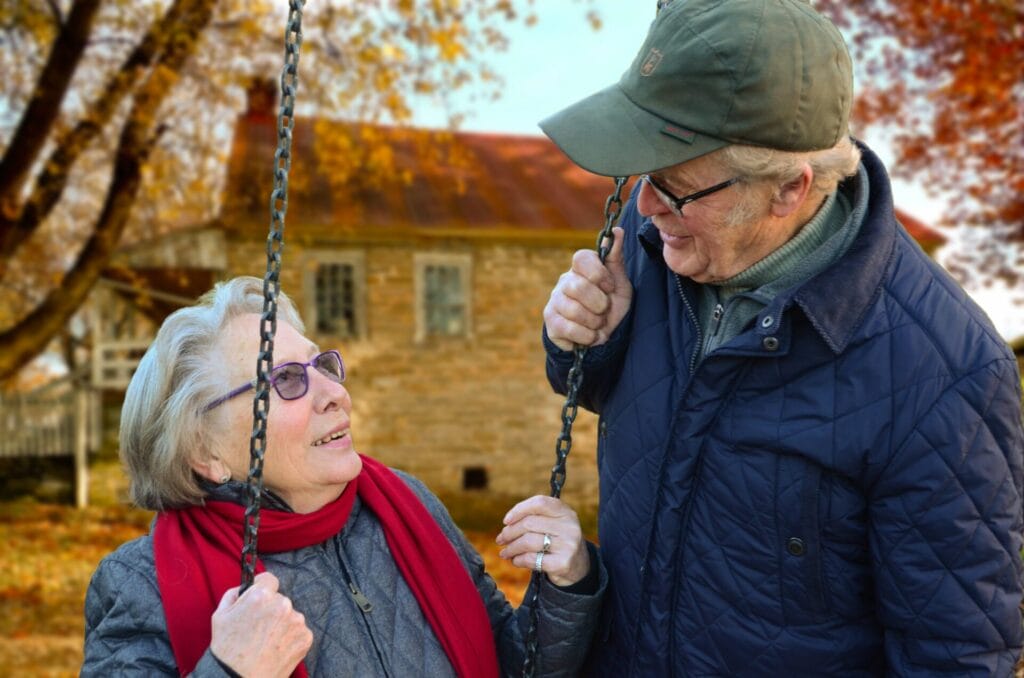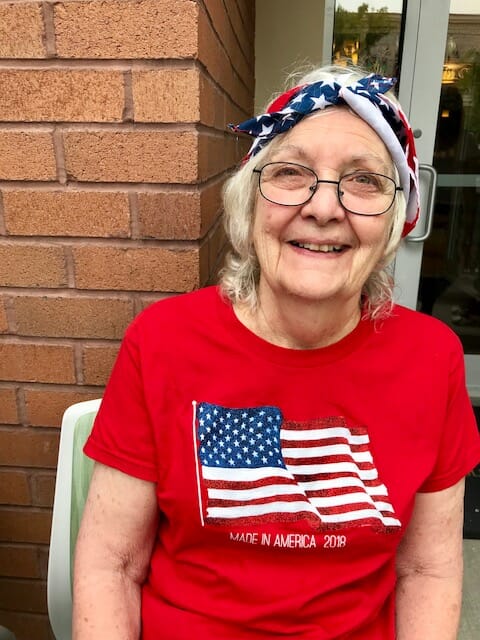Dozens of studies show that healthcare, education, and income level can impact how long you live. You might be asking yourself: how do I choose the best care for myself and my elderly loved ones? How can I live a long and healthy life, and how can I maintain my independence all the while?
Here at Carlisle Communities, we’re asked these questions all the time. For more than 20 years, we’ve provided assisted living to seniors seeking vibrant, engaged, and active lives.
If you’re wondering about the differences between assisted living and home care — and how assisted living can impact the health and happiness of you or your loved one — look no further.
In this article, we’ll explore the advantages and disadvantages of assisted living. We’ll also look at how assisted living can impact you as you coast into the waters of your Golden Years.
Key Article Takeaways
- Assisted living is different from memory care, independent living, and skilled nursing.
- The pros of assisted living include help with daily activities, opportunities for socializing, and increased safety.
- The cons of assisted living include concerns with cost, privacy, and options for medical care.
- Researching the assisted living facility of your choice. It’s the best way to find the right type of long-term care for you or your senior loved one.
Assisted living: a definition

It’s important to know the difference between assisted living, skilled nursing, and memory care. Assisted living refers to living communities and health care for those who need help with daily care.
The difference between assisted living and other care lies in how much help is needed. Assisted living facilities tend to provide residents with more independence.
Assisted living facilities provide help for people who want freedom to live but who need minor help with daily activities. Memory care or skilled nursing care generally requires a more involved level of care.
Next, we’ll discuss the pros and cons of receiving long-term care at assisted living centers.
Pro: Receive much-needed help with daily activities

Whether you need help with dressing, bathing, preparing meals, or hosting events, many seniors enjoy assisted living because they receive help with daily activities.
Assisted living staff are available around the clock to provide care for daily living activities.
Many facilities make meals served in a restaurant-style environment and are quite accommodating of today’s seniors’ ever-evolving care needs.
One of the greatest benefits of assisted living comes down to the level of attention provided for daily activities. Receiving help for daily activities may be one of the number one reasons to move to assisted living communities.
Con: Extra help can cost money

Alas, requesting extra help comes with an additional cost. Moving into an assisted living can cost upwards of $4,500 per month, according to data from a Statista.com survey.
For those with chronic health conditions and who need more extensive care and support, assisted living may cost more. To ensure loved ones are kept safe, many people choose to sell personal possessions to afford the cost of assisted living and senior care.
The tradeoff is better safety, security, and good health.
Did you know?
“Did you know that moving to a senior living community can help combat isolation and strengthen your immune system? Read all about how senior living leads to successful aging here.” – Village Walk Senior Living
Pro: More safety and security for seniors

Assisted living facilities often hire security staff to keep residents safe. Elderly people can enjoy peace of mind knowing that their living quarters are watched over by trained security personnel.
What’s more, employees of assisted facilities are often trained to provide life-saving medical support —like CPR — to residents. Assisted living can be the perfect option for seniors looking for a safe and secure living environment.
Con: Quality of medical care varies by provider

Alas, different assisted living facilities contract with different healthcare providers. As a result, quality medical care can vary by assisted living location and facility.
For example, seniors with Alzheimer’s may not find the care at an assisted living facility to be adequate. We recommend prospective assisted living residents to do their research before determining if assisted living is right for them.
Pro: Opportunities to socialize and enjoy intellectual stimulation

Study after study shows that maintaining social connections as we age is important. Another appealing reason to choose assisted living is to build quality relationships. Many assisted living communities offer social gatherings, games, field trips, and opportunities to connect with others.
These seniors might not have had the opportunity to enjoy these activities if they were living at home alone. Best of all, most assisted living facilities organize events ahead of time so that loved ones can visit and enjoy activities together.
For those looking to avoid cognitive decline and extend their life, assisted living facilities offer social opportunities to do so.
Con: Can intrude on privacy

One of the most challenging parts about aging to accept is the loss of independence. As we grow older, we find that we need more care than when we were younger.
When one moves into an assisted living community, staff members often check up on residents to meet their needs. For seniors who require a little bit more privacy, assisted living can be a challenging transition.
For residents who do make the transition, many love the extra care they receive. The initial transition can be a challenge, though.
Table: cost-benefits analysis of assisted living
| Advantages of assisted living | Disadvantages of assisted living |
| 1. Extra help for daily living activities 2. Increased safety and security 3. Opportunities for intellectual 4. stimulation and socializing | 1. Financial considerations 2. Quality of medical care varies by facility 3. Concerns about privacy |
Is assisted living right for your loved one?

Assisted living services come in all different shapes and sizes. Whether you’re looking for home care services or the warmth and familiarity of a dependable team of staff members, it’s important to do your research before selecting an assisted living facility.
Assisted living tends to provide more help with daily living activities, socializing, overall health, and safe living. On the flip side, assisted living tends to cost more than living alone and may mean less overall privacy.
When you stay in an assisted living facility with Carlisle Group, your loved one will have access to some of the best care a person can find. We offer handsome living arrangements including one-bedroom studios, two-bedroom suites, and much more.
To learn more about the benefits — or to discuss the advantages and disadvantages — of assisted living, don’t hesitate to reach out to one of our friendly concierge staff. With us, you’re treated like family.
It’s what makes Carlisle Group, well, a village. Get to know our friendly team of caregivers today.
Frequently Asked Questions (And Their Helpful Answers)

1. What is assisted living?
Assisted living refers to living communities and/or healthcare solutions for people who need help with daily care. Care is often provided at home or in a senior living facility.
2. How much does assisted living cost?
According to Statista.com (2021), the national average cost of assisted living per month is $4,500 per month. Many of the residents at our facilities at Village Green and Village Walk pay for assisted living in the following ways:
- Life insurance
- Veterans benefits
- Reverse mortgages
- Bridge loans
- Annuities
- The sale of a home
3. What other options are on the table besides assisted living?
For seniors looking for other long-term care options, they can choose from:
- Skilled nursing facilities
- Memory care facilities (for Parkinson’s, Alzheimer’s, dementia, and more)
- Care homes
- Enhanced assisted living, and
- Retirement living communities
4. Where can I learn more about assisted living?
To learn more about the benefits of assisted living, the National Center for Assisted Living (NCAL) is a wonderful resource. You can also always visit either of our assisted living communities’, Village Walk or Village Green, for helpful information about what life is like in an assisted living facility.




